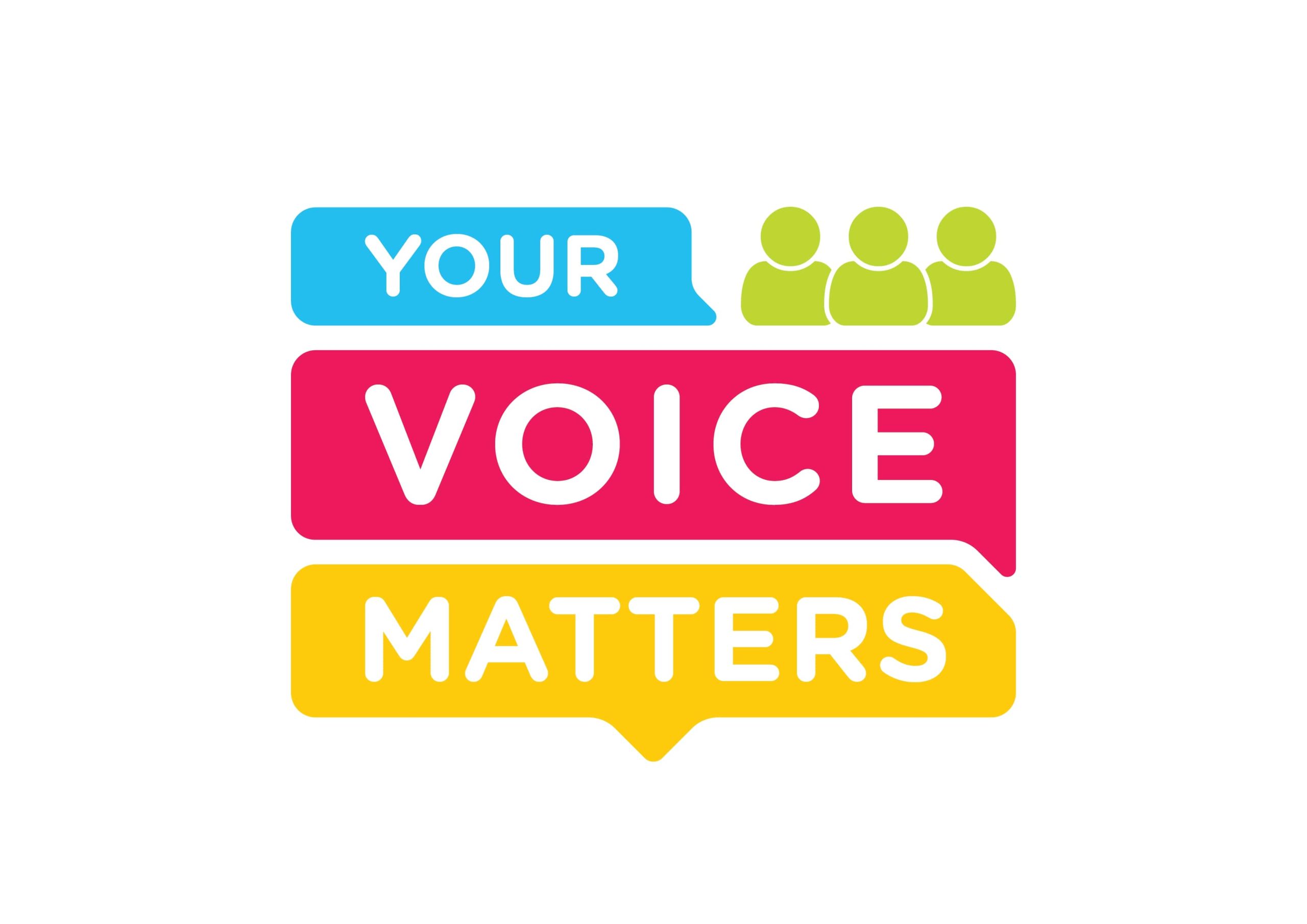Type 2 diabetes is the most predominant form of diabetes in Malaysia, and is largely attributed to the excessive consumption of high-sugar foods and a sedentary lifestyle.
The surge of type 2 diabetes cases has been noticeable in recent years, especially among working adults in their 20s to 40s, as compared to a more typical occurrence in older people in their 50s and 60s.
The rise in the early onset of type 2 diabetes is linked to the fast-paced lifestyle of eating on-the-go, desk-bound eating, and comfort eating, which are common for people facing workplace stress, among other things.
Rapid eating and preference for sugary or carbohydrate-dense foods can result in overeating, leading to obesity, especially when regular exercise is neglected.
A commonly asked question is whether type 2 diabetes is reversible. The answer is “yes”, particularly if detected early at the prediabetic stage.
However, achieving reversal requires substantial changes in both diet and lifestyle. Significantly reducing sugar and carbohydrate intake is essential, coupled with incorporating at least 30 minutes of cardiovascular exercises into daily routines.
I have witnessed individuals successfully normalise their blood sugar levels through ‘natural’ means, solely by lifestyle modifications, effectively becoming diabetes-free.
This is especially true in today’s era of increasing awareness and knowledge about various diets such as low carbohydrate, intermittent fasting, the keto diet, and so on.
However, they often rebound when they stop such practices, and the diabetes then returns. It is essential to understand that we need long-term healthy eating habits and lifestyle changes to remain in remission.
Patients with more advanced diabetes often require medications to help. There have been unprecedented breakthroughs in the drugs combatting diabetes recently.
This brings me to the next most commonly asked question: “Doc, are these meds bad for my kidneys or will these meds harm my body?”
The answer is absolutely NOT – by combining well supervised medication with changes in diet and lifestyle, patients can significantly enhance their ability to manage blood sugar levels and improve health outcomes.
My advice to individuals at risk of developing diabetes is to be mindful of their dietary choices. Counting calorie or carbohydrate intakes can be a simple yet effective solution to ensure that you are not exceeding your daily requirements. The simplest way to prevent diabetes is to minimise all forms of sweet foods and drinks.
The Malaysian culture is rich in yummy but carbohydrate-dense foods, from rice to noodles to roti canai, not to mention chocolate malt dinosaur drinks, air bandung, cendol, and many more. Avoiding them can be difficult, but it is a necessary step.
For many people, something as simple as stopping sweetened beverages, be they teh tarik, soft drinks, or bubble tea, is enough to prevent diabetes. As for foods, look for less refined alternatives such as wholemeal bread and brown rice, since they can be delicious too!
During this journey, it is advisable to undergo pre-diabetes screening every six months for individuals at higher risk, or annually for those with lower risk. Doing this consistently will at least tell you whether you are on the right track.
KPJ Johor Specialist Hospital offers comprehensive diabetic screenings that include a blood test, body measurement, anthropometry, urine test, and cardiac examination. Results will be reviewed by a consultant physician.
Dr Kiran Nair is a specialist in endocrinology and internal medicine at KPJ Johor Specialist Hospital.
- This is the personal opinion of the writer or publication and does not necessarily represent the views of CodeBlue.







